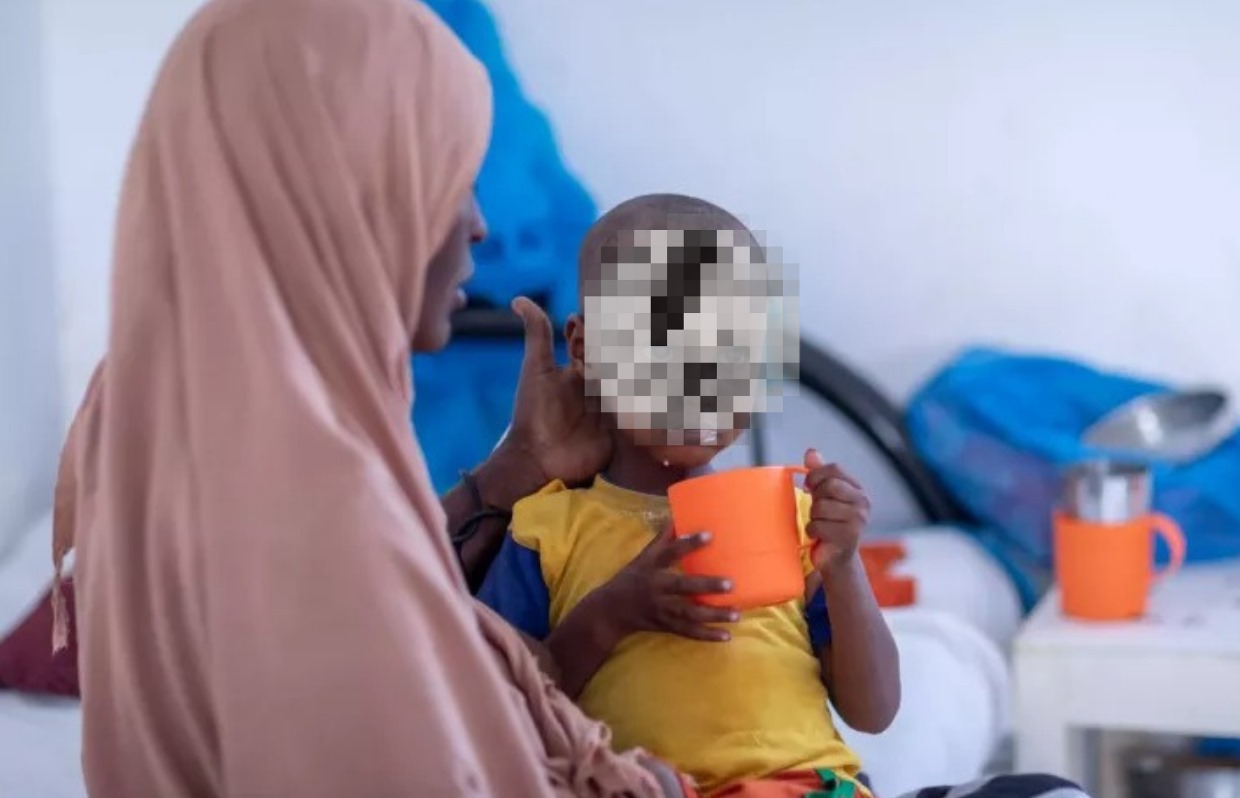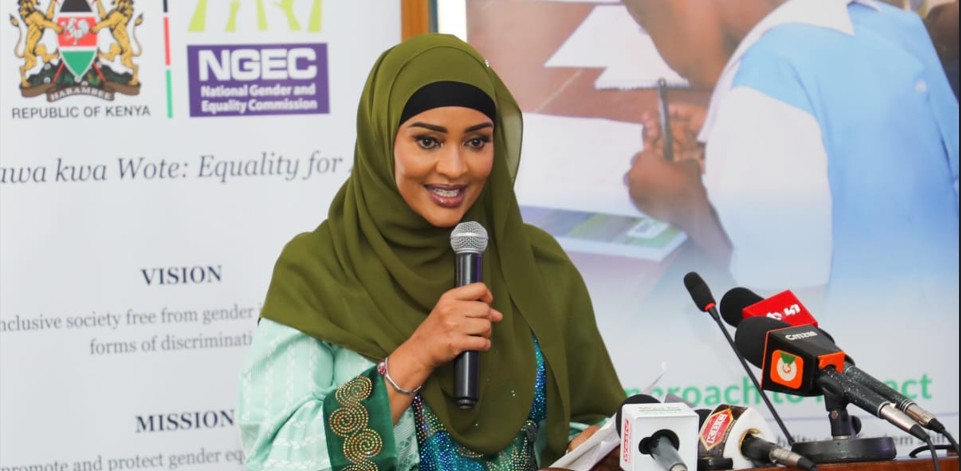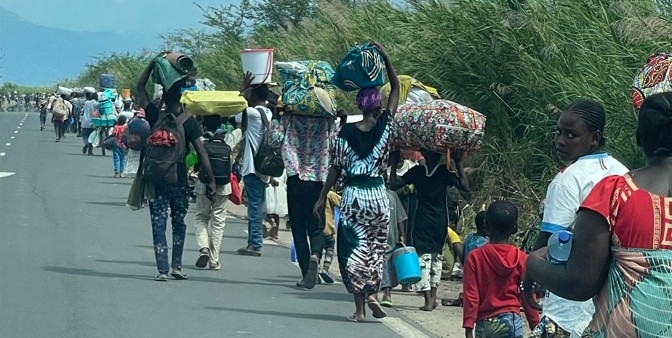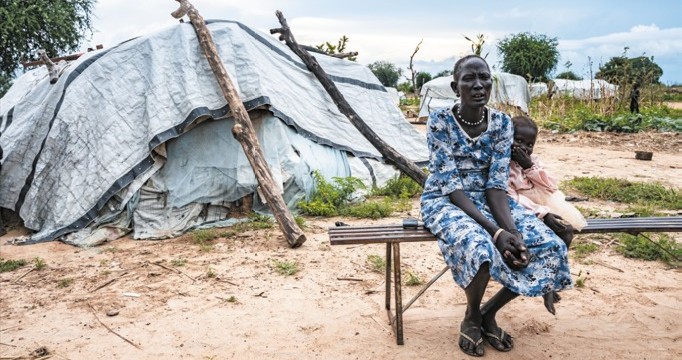UNICEF reports extreme food deprivation among Somali children

Only 20 per cent of children in this age group receive eggs, fish, poultry, or meat as part of their diet. Additionally, two-thirds of these children do not consume any vegetables or fruits.
The United Nations Children's Fund (UNICEF) has reported that 63 per cent of children in Somalia, which translates to two out of three, have experienced extreme food deprivation during their early years.
According to UNICEF, this situation underscores the ongoing food insecurity crisis affecting the region. UNICEF has also noted that up to 50 per cent of children in Somalia are at an increased risk of experiencing wasting.
More To Read
- Gaza faces humanitarian disaster with thousands trapped in flooded camps
- Kenya’s children holiday hunger: How school holidays leave slum families struggling to survive
- All we want for Sudan is peace, say children fleeing violence
- Children killed in Sudan’s South Kordofan drone attacks as humanitarian crisis worsens
- AfDB grants full debt relief to Somalia after decades of economic turmoil
- UNICEF, Save the Children hail Turkana’s progress in tackling malnutrition
Wasting is a severe form of malnutrition that can be fatal if not addressed. The organisation highlighted the dire state of nutrition among young children, particularly those aged between 6 and 23 months.
Only 20 per cent of children in this age group receive eggs, fish, poultry, or meat as part of their diet. Additionally, two-thirds of these children do not consume any vegetables or fruits.
Wafaa Saeed, UNICEF's representative, expressed concern about the food poverty among children in Somalia. She stated that the situation is worsened by ongoing climate-related crises and conflicts, which have left children vulnerable to both chronic and severe malnutrition.
Wafaa emphasised the need to intensify efforts to improve the food system for young children and to ensure that families have access to a diverse range of locally available foods. She pointed out that fish, meat, fruits, and vegetables are currently scarce in the diets of many children in Somalia.
"Together with the government and other partners, we need to do more to improve the food system for young children and enable families to have access to a wide variety of locally available foods, especially fish, meat, fruits, and vegetables, which are currently limited in their diets," she said.
Despite some progress in addressing food insecurity, recurring climatic challenges such as droughts and floods, coupled with conflict, insecurity, disease outbreaks, and widespread poverty, continue to exacerbate humanitarian needs in the Horn of Africa.
It is estimated that 4 million people in Somalia are facing crisis or emergency levels of food insecurity, with 1.7 million children at risk of acute malnutrition. Among them, around 430,000 children are expected to suffer from severe malnutrition in 2024.
The UN Office for the Coordination of Humanitarian Affairs has indicated that $1.6 billion is needed for the 2024 Humanitarian Response Plan (HNRP) in Somalia. However, as of August 2, only $507 million had been secured.
Globally, 181 million children are living in severe food poverty. Of these, 65 per cent reside in 20 countries, including Somalia. In these countries, more than 80 per cent of caregivers reported that their child had gone an entire day without eating.
Additionally, around 64 million of the affected children are in South Asia, and 59 million are in Sub-Saharan Africa, according to UNICEF.
Top Stories Today
Reader Comments
Trending















































